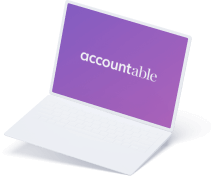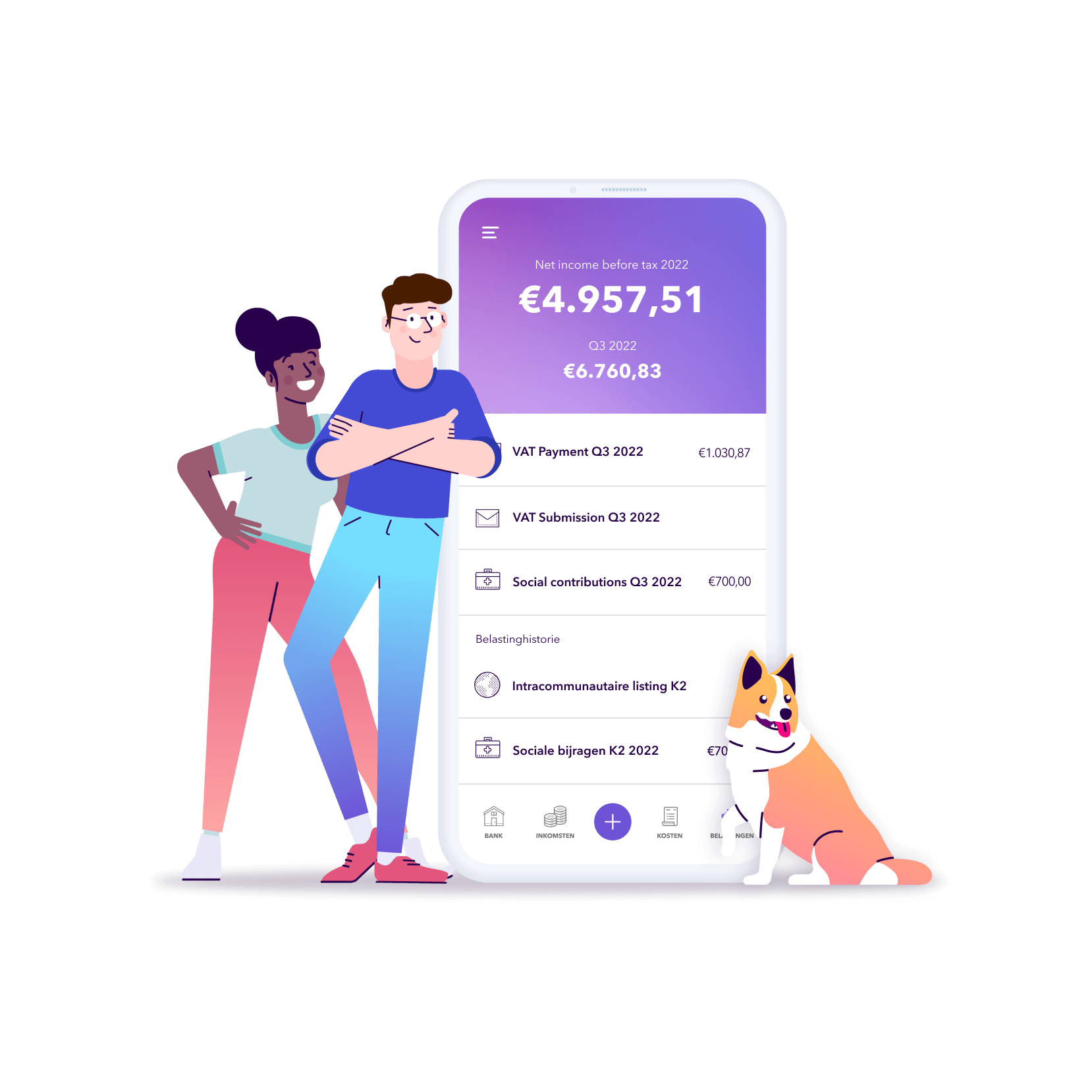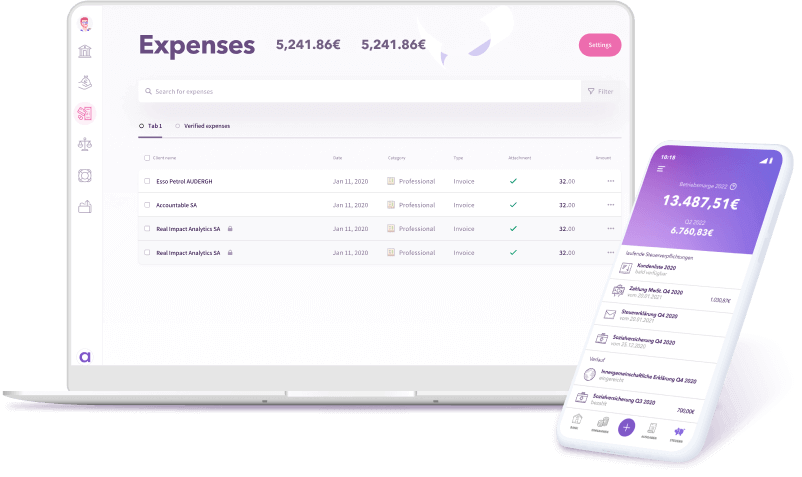
Freelancing as a coach – Here’s how it works
Read in 4 minutes
Whether a business or lifestyle coach, there are many ways to start your own business as a coach. That’s why we have crafted this article as a guide for anyone who wants to offer coaching as a freelance service. We explain what a self-employed coach can earn in salary, how to properly register your coaching business in Germany and what your tax obligations are.
Content
- Working as a coach
- How much can I earn as a coach?
- Registering as a self-employed coach
- Am I a freelancer or a trade as a coach?
- What are my tax obligations?
- Saving taxes – what can I deduct?
- Invoicing as a freelance coach
Working as a coach
There are many different areas in which a self-employed coach can work. For example, consultants often provide companies with strategic support for their next business decisions or optimize certain internal project workflows and processes.
But coaches also help their clients to improve their health or overall happiness, or successfully launch their own business idea.
As you can see, there is no one job description for a coach – and it is precisely this wealth of variety that makes the field of coaching so attractive to many aspiring self-employed people.
➡️ Thinking about becoming Self-employed? Here is all you need to know before!
How much can I earn as a coach?
The question of salary for a self-employed coach is difficult to answer, as there can be big differences depending on the target group and the content of the coaching. For example, a coach who regularly works with large corporations and trains employees or even senior management will certainly earn more than a coach who specializes in individuals with fewer financial resources.
The career site StepStone suggests that a coach can earn an average of 43,800 euros – but this can vary greatly depending on the offered service and also location. After all, if you work as a coach with clients and call up an average hourly wage of 70 euros, it can quickly add up to a much higher annual salary as the number of clients increases.
In any case, as a self-employed coach, there are no upper limits to your salary. 🥳
Registering as a self-employed coach
In order to become self-employed as a coach, you should first take a closer look at the service you will offer. A business plan is extremely helpful for this, because it forces you to think intensively about what you want to offer as a service as well as explore your potential competition.
Therefore, the first step towards self-employment as a coach should definitely be writing a business plan.
The next step is to officially register with the tax office, because in order to work as a self-employed person in Germany, you must also have a corresponding tax number, which you use to account for your self-employment income.
This registration is done via the questionnaire for tax registration, which you can easily fill out online on our site and send to the tax office.
You can find a step-by-step instruction for filling out the questionnaire here
➡️ You can find a step-by-step instruction for filling out the questionnaire here
➡️ Click here to go directly to the questionnaire
Finally, of course, you should also deal with your new tax obligations.
➡️ Thinking about becoming self-employed Part 2: Taxes, taxes, taxes
Am I a freelancer or a trade as a coach?
In order to fill out the questionnaire correctly, it’s important to know whether you’re a considered to be a freelancer or a trade, Freiberufler or Gewerbetreibender in German, because depending on your classification, you’ll incur a few different tax obligations.
Unfortunately, the field of coaching is quite a grey area precisely because of the wide variety of areas coaches work in, and the classification depends primarily on what services you offer as a coach.
If you are primarily teaching, you fall into the freelancing category. However, if you are more of a consultant, i.e. you create plans and programs for your clients, then you will probably be classified as a trade.
In case of doubt, it is best to contact your local tax office to clarify.
➡️ Freelancer or tradesperson? Learn more in this article
What are my tax obligations?
Once you have successfully registered, you can start coaching – but you should not lose sight of your new tax obligations. As a self-employed coach, you have to pay income tax and also submit a surplus income statement.
➡️ This is how the income surplus statement works
In addition, you may have to include VAT on your invoices and report this to the tax office in regular advance VAT returns – or Umsatzsteuervoranmeldung.
➡️ Advance VAT return explained
However, if you made use of the small business regulation (Kleinunternehmerregelung) when registering, you will not be subject to VAT for the time being.
➡️ Everything you need to know about the small business regulation
On this page, we tell you what other tax obligations you may face and what you should do if you file an incorrect tax return.
➡️ Speaking Finanzamt: Explaining the most common letters you’ll get from the German tax office
Saving taxes – What can I deduct?
Of course, as a coach you can also deduct your business expenses from your taxes. Depending on what you specialize in with your coaching activities, different expenses may be more or less relevant for you.
These are the most common business expenses incurred by self-employed coaches:
- Business travel expenses when visiting clients
- Home office
- Telephone and internet costs
- Costs for a work cell phone and a laptop or computer
- Work equipment, e.g. for workshops
- Advertising costs for customer acquisition
- Insurance
- Further training costs to develop additional skills
➡️ 7 handy tax deductions for freelancers in Germany
Invoicing as a freelance coach
Finally, as a freelance coach, you need to invoice your clients so that you get paid for your services.
A legally valid invoice must contain the following information:
- Your name and address
- The name and address of the invoice recipient
- Your tax number
- The invoice date
- A sequential invoice number
- The quantity and scope of your service provided
- The price for the services listed
- The date the service was performed (You may also indicate that the date of performance is the same as the date of the invoice)
- The applied VAT rate for the services rendered
💡 Tip from Accountable: With our app, you can easily create invoice templates that automatically include all the necessary information. To do this, you just need to fill out our template and you will receive a professional invoice designed according to legal requirements in seconds! Click here to start invoicing!
Did you find what you were looking for?
Happy to hear!
Stay in the know! Leave your email to get notified about updates and our latest tips for freelancers like you.
We’re sorry to hear that.
Can you specify why this article wasn’t helpful for you?
Thank you for your response. 💜
We value your feedback and will use it to optimise our content.










